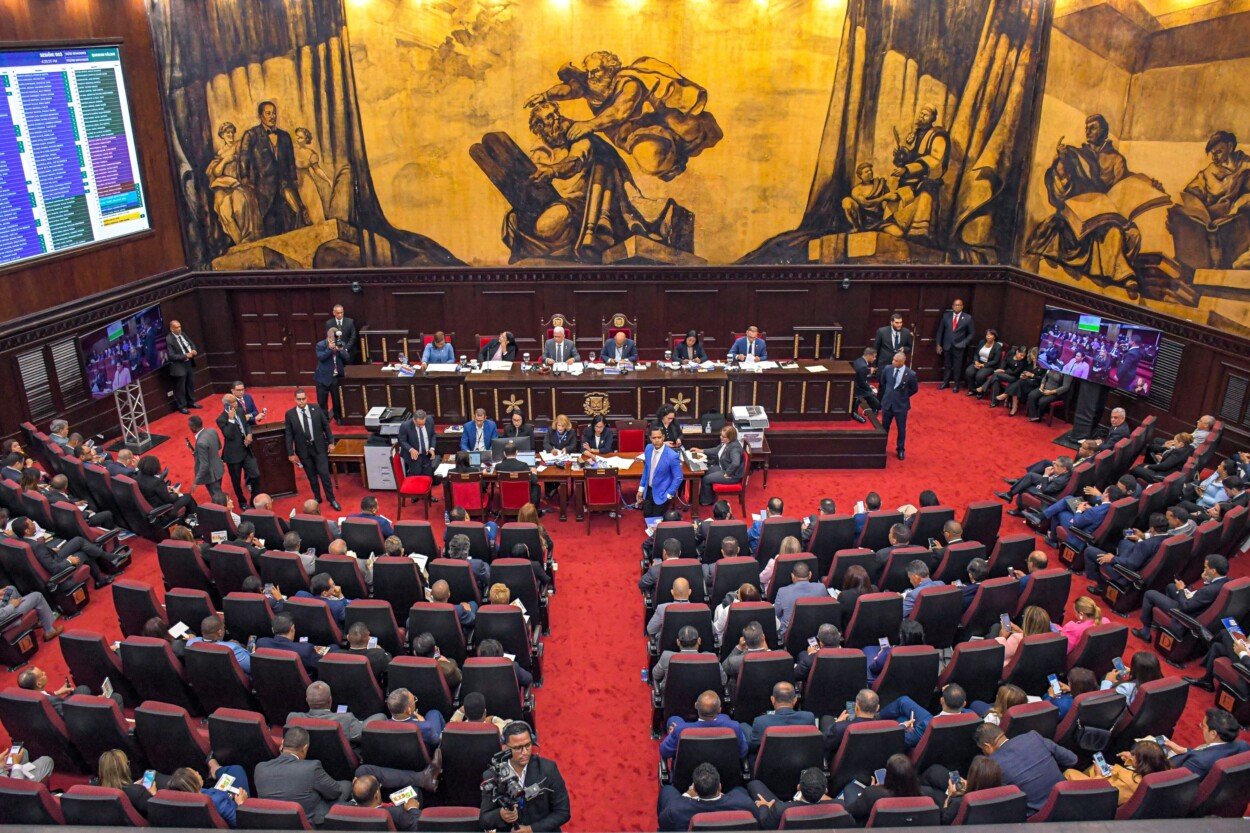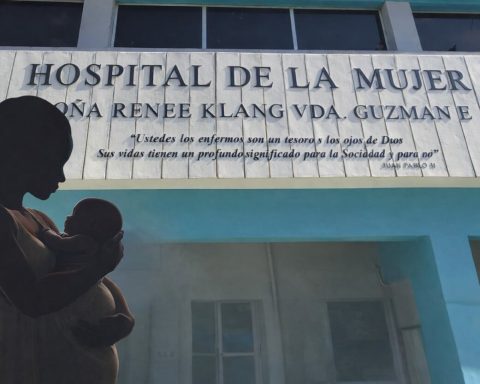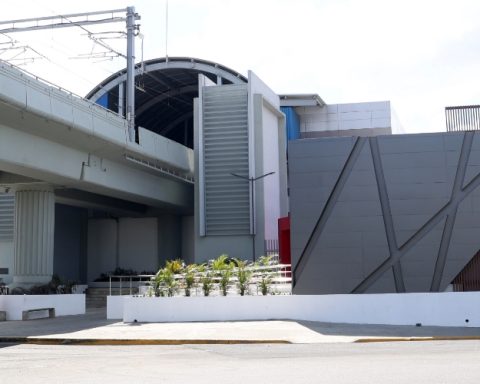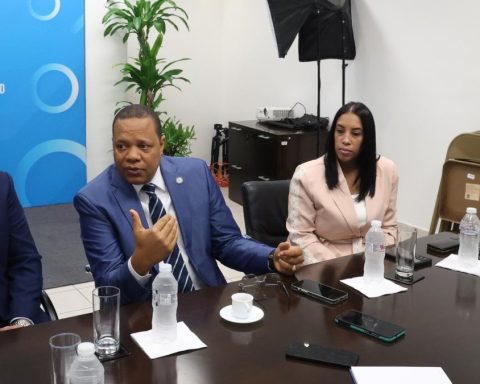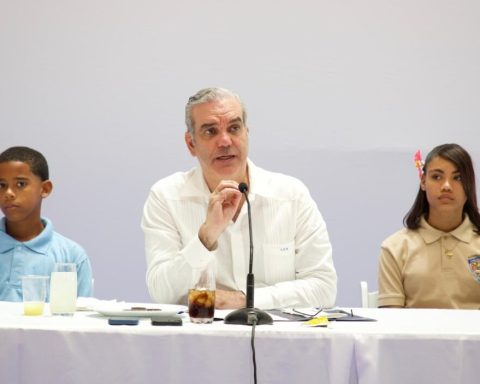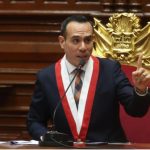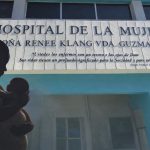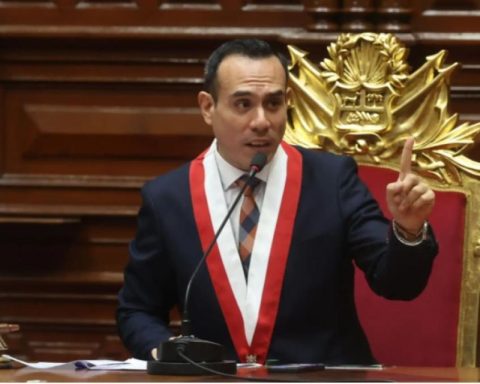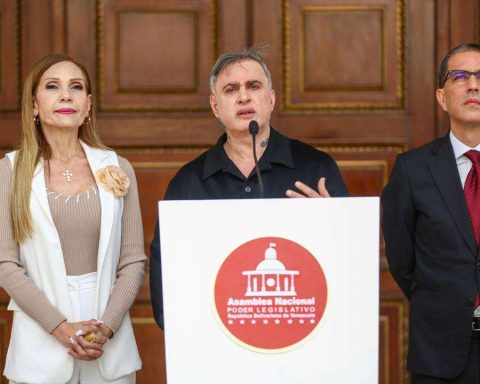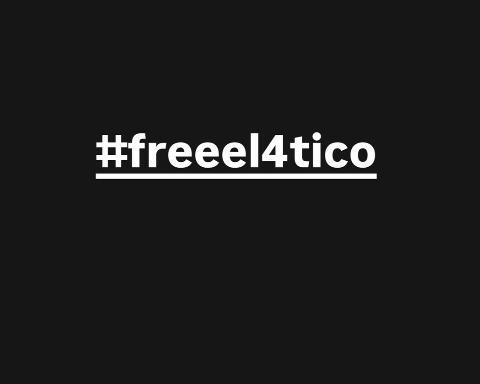Santo Domingo. The National Review Assembly approved this Monday in second reading, with its favorable report, the modifications to which the Constitution in 11 of its articles and the accession of another.
The modified articles are 81, 166, 167, 169, 171, 178, 179, 209, 268, 274, and the inclusion of 278, as well as the transitional provisions included in the modifications, which indicate that the elected President of the Republic on the third Sunday of May 2024, he will never again be able to run for the same position or for the vice presidency of the Republic.
The plenary session began its third meeting after around 4:00 in the afternoon with an attendance of 26 out of 32 senators and 164 deputies out of 190, for a total of 190 assembly members present in the legislative work, out of an enrollment of 222 that make up the National Review Assembly.
You may also be interested in:
From now on, article 209 of the Magna Carta indicates that the electoral assemblies will operate in electoral colleges that will be organized in accordance with the law.
“The electoral colleges will open every four years to elect the president and vice president of the Republic, legislative representatives, parliamentarians from international organizations, municipal authorities and other officials or elective representatives. These elections will be held on the third Sunday of the month of May.”
The transitional provision included in the modifications to the Constitution was also enabled, which prohibits the President of the Republic elected on the third Sunday of May 2024 from ever running for the same position again, nor for the vice presidency of the Republic.
Meanwhile, article 268 of the Constitution details that no modification to the Magna Carta may affect the form of government established in article 4 of the Magna Carta, and that it must always be civil, republican, democratic and representative. It indicates that it may not address the presidential election rules established in article 124 of this constitution either.
The National Review Assembly also approved the proposal to modify article 274 on the constitutional period of elective officials. “With regard to the elective exercise of the president and vice president of the Republic, as well as legislative representatives, parliamentarians of international organizations, municipal authorities and other elective officials, they end on August 16 of every four years, the date on which The corresponding constitutional period begins with the exceptions provided for in the Constitution, the new text indicates.
Paragraph 1 establishes that, when an elective official ceases to hold office due to death, resignation, disqualification or other cause, the person who replaces him or her will remain in office until the constitutional period is completed.
Paragraph II establishes that, in the event of a gap in the succession line of the municipal line, the mechanism to be used to fill the vacancies will be established.
Also, the transitional measure presented by the vice president of the National Review Assembly, Alfredo Pacheco, was approved, indicating that the municipal authorities elected on the third Sunday of February 2028 will have a period that will begin on April 24 and end on August 16. from 2032.
Article 278 indicates elective exercises and constitutional reforms. “No popularly elected official may benefit from a constitutional reform during his term, when it concerns the rules of nomination, election and permanence of the position he occupies.”
Other articles that were modified are 169 and 171. The first deals with the fact that the Public Ministry is the body of the justice system responsible for formulating and implementing the policy of criminal prosecution against crime, directing the criminal investigation and exercising action. public on behalf of society.
Meanwhile, article 171 indicates that the President of the Republic at the beginning of his term will propose to the National Council of the Judiciary one person to be designated Attorney General of the Republic and seven to be designated as Deputy Attorneys, in accordance with the law.
The Assembly approved a modification to article 171, submitted by the president of the National Review Assembly, Ricardo de los Santos, which grants a period of one hundred days to the President of the Republic, after his swearing-in, to propose to the National Council of the Judiciary a person to be appointed Attorney General of the Republic and those who represent half of the Deputy Attorneys, in accordance with the provisions of the law.
In addition, article 179 was approved with modifications, which adds to the functions of the National Council of the Judiciary the designation of the Attorney General of the Republic and the seven deputy attorneys.
During the day this Monday, the assembly members positively sanctioned article 81 with modifications. It indicates that the Chamber of Deputies will be made up of 170 deputies, of which 158 will be elected by territorial constituency, while five will be elected by accumulation of votes and seven deputies will be elected by representation of the Dominican community abroad.
Also, articles 166 and 167 were approved with modifications. Article 166 deals with the fact that the General Advocate of the Public Administration is the permanent representative of the Public Administration before the Contentious Administrative Jurisdiction.
The law will establish the requirements that must be met and regulate the representation of other State bodies and agencies before the same jurisdiction; while, 167 establishes that the Office of the Attorney General of the Public Administration is a dependency of the Executive Branch, organized in accordance with the law.
Meanwhile, article 178 refers to the integration of the National Council of the Judiciary (CNM), which states that it will be chaired by the President of the Republic; the president of the Senate of the Republic; a senator chosen by the Senate who belongs to the party or block of parties different from that of the president of the Senate and who represents the second majority.
In addition, the president of the Chamber of Deputies; A deputy chosen by the Chamber of Deputies, who belongs to the party or block of parties different from that of the president of the Chamber and who represents the second majority; the president of the Supreme Court of Justice; a magistrate of the Supreme Court of Justice chosen by its Plenary Session, who will serve as secretary and the president of the Constitutional Court.
After a break for the Verification and Audit commissions to verify the fidelity of the modified text in the Constitution, the president of the National Review Assembly, Ricardo de los Santos, resumed the work of the Assembly and invited the assembly members to go through the Juan Pablo Duarte Library of the Senate, to sign the new constitutional text, starting next Wednesday.
The project
The constitutional reform was submitted by President Luis Abinader on August 19. The new Constitution will replace the current one that dates from June 13, 2015.
Now, the president of the National Assembly must choose a prudent date for the proclamation of the new constitution that will replace the current Constitution that dates from June 13, 2015.
